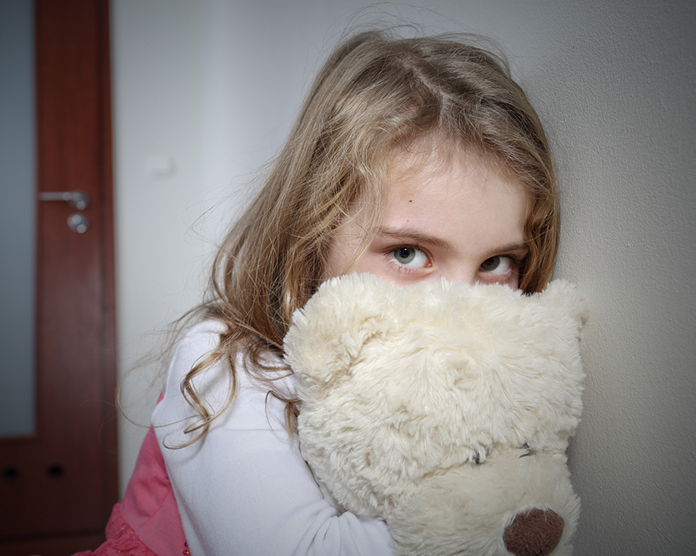Assessment and treatment of young children (ages 12 and under) with a broad range of behavioral, social and emotional difficulties.
Out-Patient Services
Safe-Steps Assessment
This assessment will be done in 8-10 sessions and will include traditional and play-based approaches, emphasizing a child-friendly setting to increase children’s comfort with the setting and the clinician. During this assessment children will be asked to complete specific play tasks. Their parents/caregivers will be asked to complete formal instruments including: The Child Sexual Inventory and Child Behavior Checklist. Children will be asked to complete a Draw-a-Person, a Play Genogram, and Color Your Feelings Technique. During the child sexual aggression assessment, immediate attention will be paid to risk factors in the child's environment that might be contributing to the sexually acting out behaviors and parents will receive written guidelines with specific directives for monitoring their children's activities. Parental cooperation is critical to successful intervention with children.
Safe-Steps Therapy
Based on current evidence based techniques, interventions target two primary strategies:
- Treatment, education, and supervision of problem sexual behavior in children, and
- Active participation of parents and caretakers. Problem behaviors are identified and addressed in individual, group, and family therapy.
Specifically, after intakes with parents and/or caretakers, and a review of referring information, children and their parents will participate in a minimum of a 12-week therapy process. Clinicians providing therapy are trained in multicultural issues and will be utilizing an integrated approach which targets problem behaviors (such as: impulsivity, lack of boundaries, aggression, etc.) utilizing Cognitive-Behavioral Therapy strategies. To ensure the child’s engagement in the treatment process, several child-friendly, expressive therapy strategies will be used.
Extended Developmental Assessment
Play-based extended developmental assessments are designed to determine children's overall functioning; identify current clinical symptoms; identify trauma impact, if any; assess children's perceptions of parental support and guidance; and assess children's perceptions of their internal and external resources. Developmental assessments employ a variety of directive and non-directive play-based strategies. Clinicians will generate recommendations at the conclusion of the developmental assessment.
Attachment Treatment
Designed to assess and treat attachment issues between parent/guardian and child. This service is composed of two elements (assessment and treatment). The total length of completion is 26 sessions for both the assessment and treatment phases. The assessment will utilize 8-10 sessions, followed by 16 sessions of treatment. This assessment is an evidence-based assessment that involves observing and evaluating the parent and child dyad as they complete 8-10 play-based, brief activities.
Evaluations Available For
- Attachment Issues
- Autistic Disorder
- Developmental Issues
- Oppositional Defiance Issues
- Traumatic Brain Injury
- Learning Disabilities
- Mood Disorders
- Conduct Issues
- Post-Traumatic Stress
- Intelectual Disabilities
- Attention Deficit - Hyperactivity Disorder









